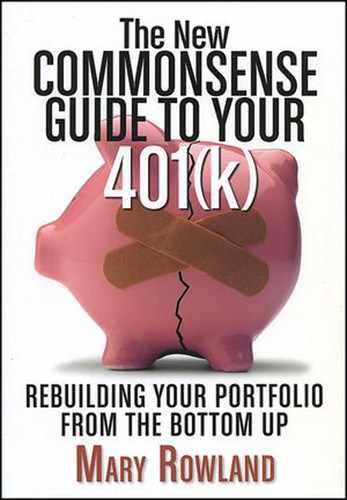BEING ORGANIZED is important at all stages of your financial life. Yet most of us never get around to it and we still manage to muddle through. When you're headed for a big life transition, though, order is essential.
Now you will need records that show how much you paid for your home and the cost of improvements you've made. You may need copies of your cash-value insurance policies, which can serve as a source of income in retirement. You'll need your birth certificate to apply for Social Security. And you must have pension records, investment records for stocks, bond and mutual funds, and records that show contributions and withdrawals from retirement accounts.
You also need to pull together some financial statements for your personal business. That means figuring out your net worth and then seeing what you might do to spruce it up a bit as well as drawing up an income statement or a budget that shows what's coming in and what's going out.
Start by pulling together these things:
A copy of your most recent income tax return.
Records of liquid assets. You need to know exactly how much you have in checking and savings accounts, bank certificates of deposit, and money market accounts.
Copies of life insurance policies with records of accumulated cash values. You should receive an annual statement from the insurer that shows current cash value as well as the current death benefit. On many policies, the death benefit increases as the policy generates what are called "paid up additions," or tiny little policies that are added to the big one. You'll want to know the current death benefit as well as your ability to generate tax-free income from your cash value. You can do this by taking tax-free loans from the policy, which need never be paid back provided you keep the policy in force. You need good advice on this strategy, so do some research to find it.
Annual statement from your employer that shows the value of your pension plan, 401(k) plan, and any other tax-deferred savings.
A benefits statement that shows the value of life insurance and other employer benefits, as well as retiree medical benefits, if any.
Statements for individual retirement accounts (IRAs) and other retirement accounts for the self-employed.
Records of investment assets including stocks, bonds, mutual funds, investment real estate, and limited partnerships.
Information about real estate holdings. If you own a home or apartment, figure out what you owe on your mortgage and what the home is worth. Ditto for a vacation home. Get information, too, on your car(s) or other vehicles you own.
An estimate of the value of collectibles, including coins, antiques, art or anything else of value. Be realistic about the value of things like your comic book collection.
Records for valuable jewelry, furs, or hand-tied Oriental rugs. As a practical matter, your personal belongings, like the clothes you wear to work and the couch in the living room, don't add much to your net worth. But if you own some valuable stuff, you'll want to list it as an asset. Include computer equipment.
Records of your debts including copies of a couple of recent credit card statements. Also pull out payment books for your car and for any other personal loans, installment loans, and home equity loans.
Records that show the value of your business, if you are self-employed.
Records of business receivables.
